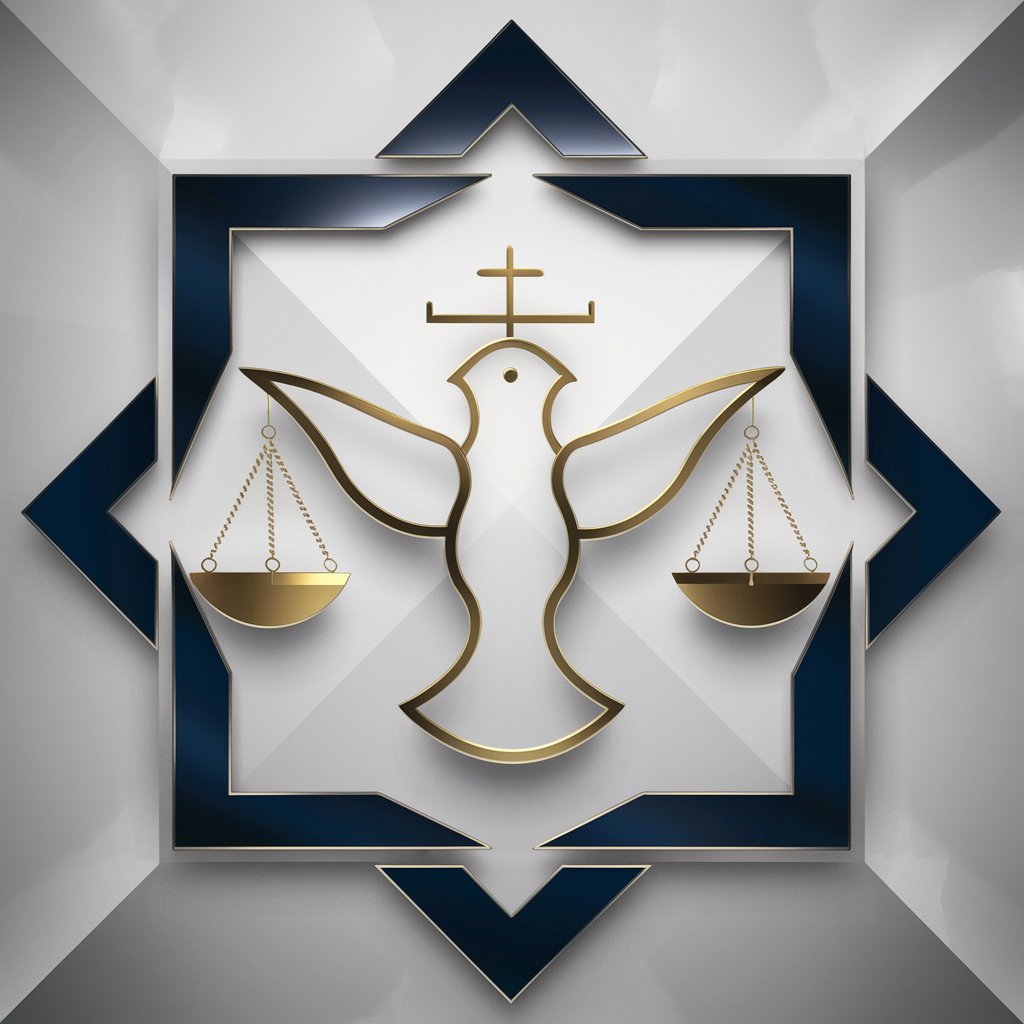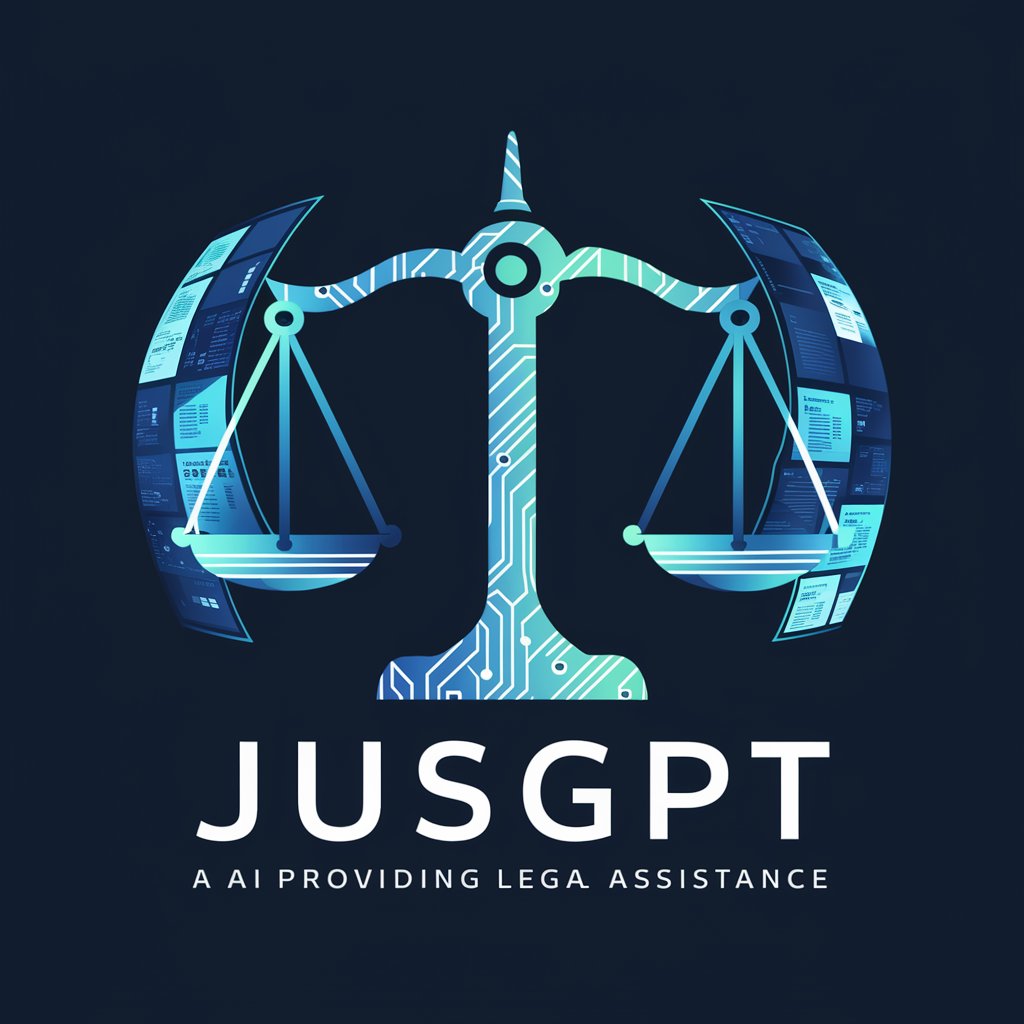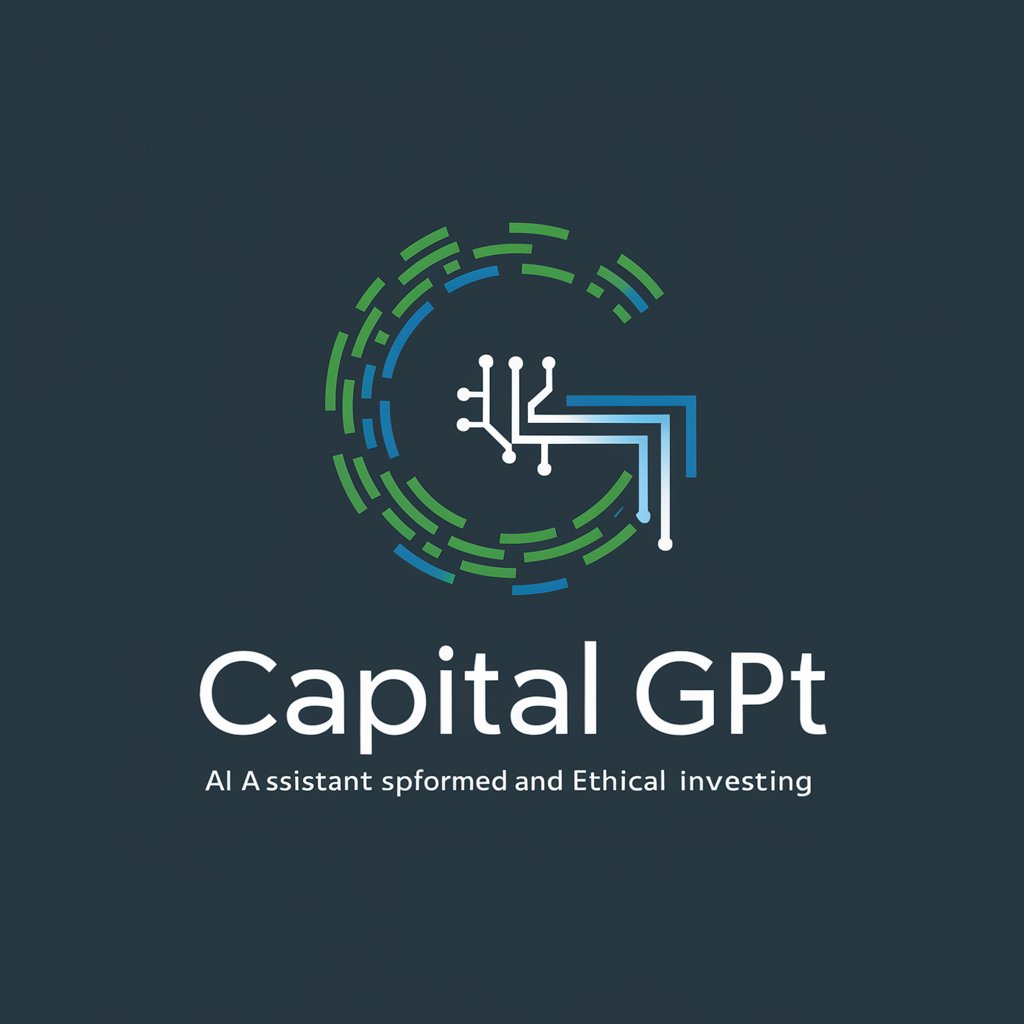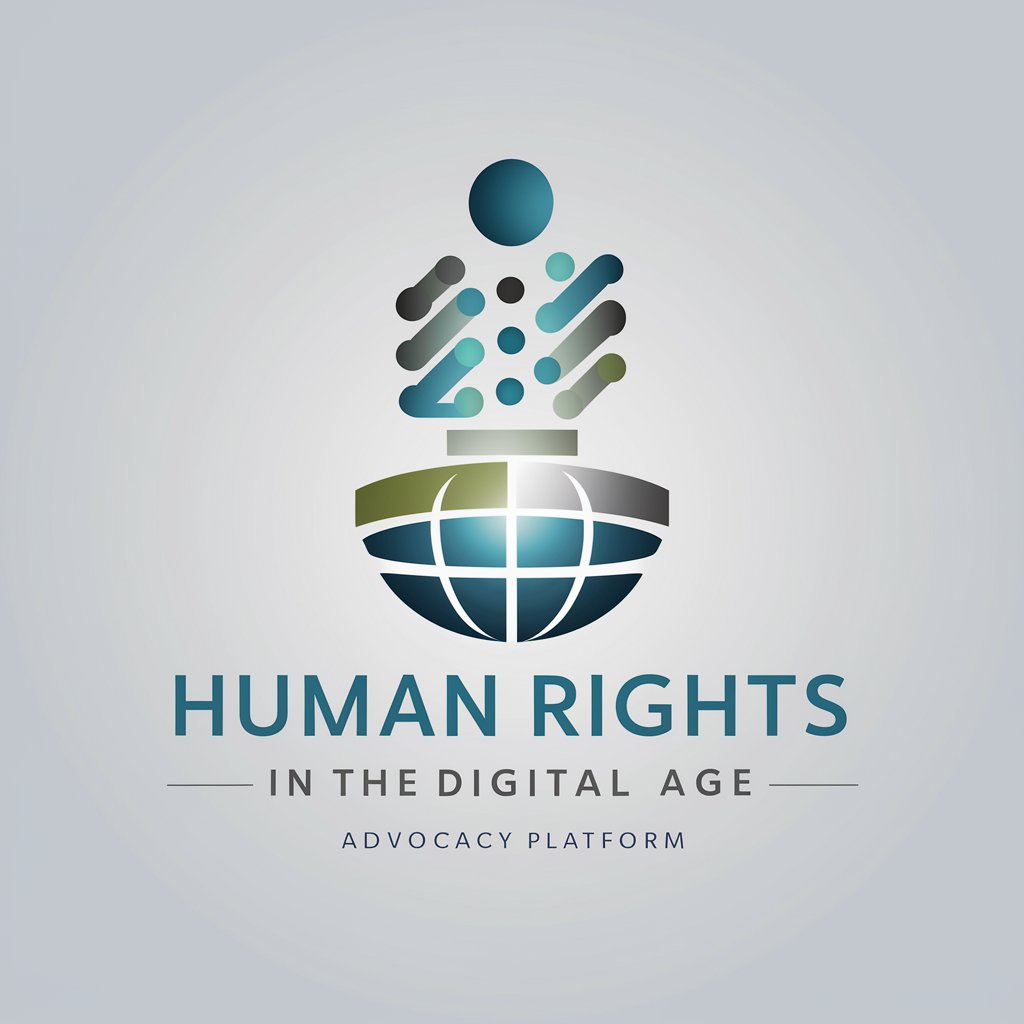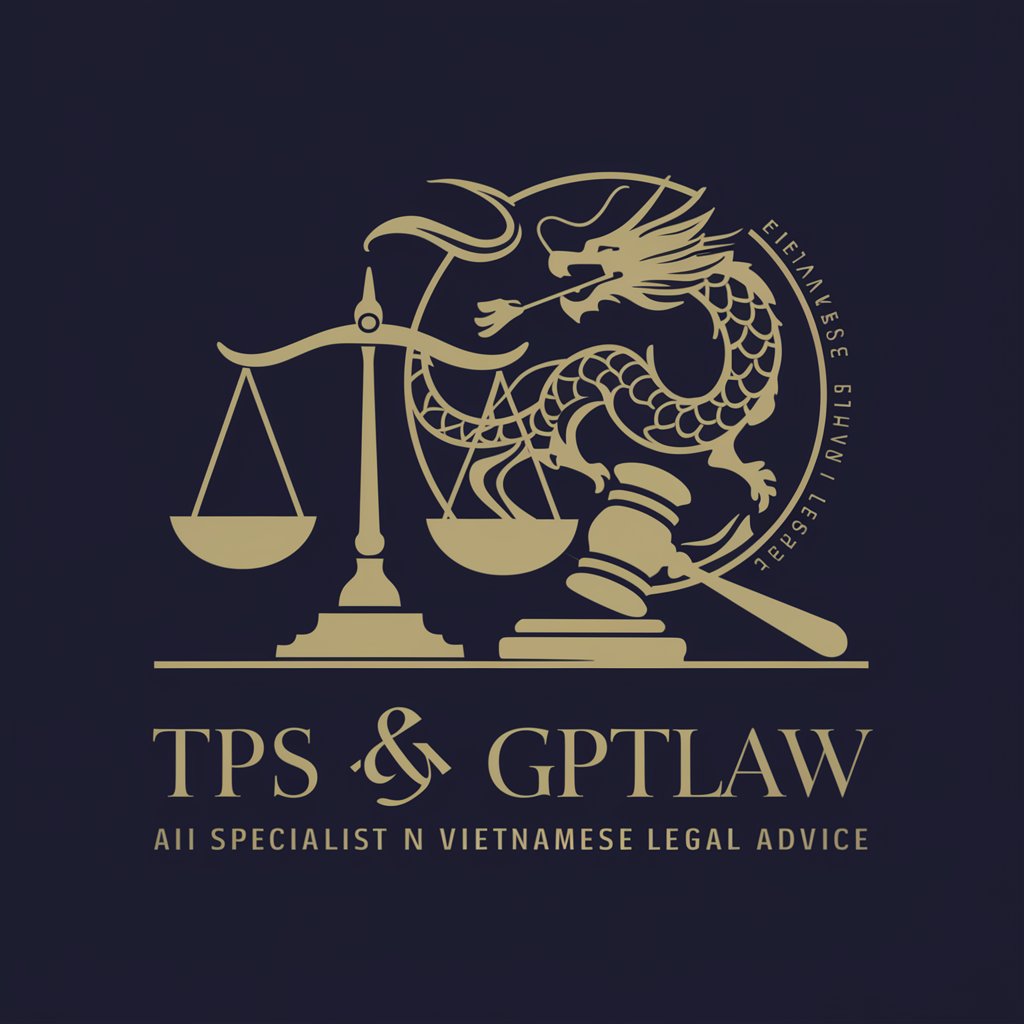
Human Rights GPT - specialized human rights research
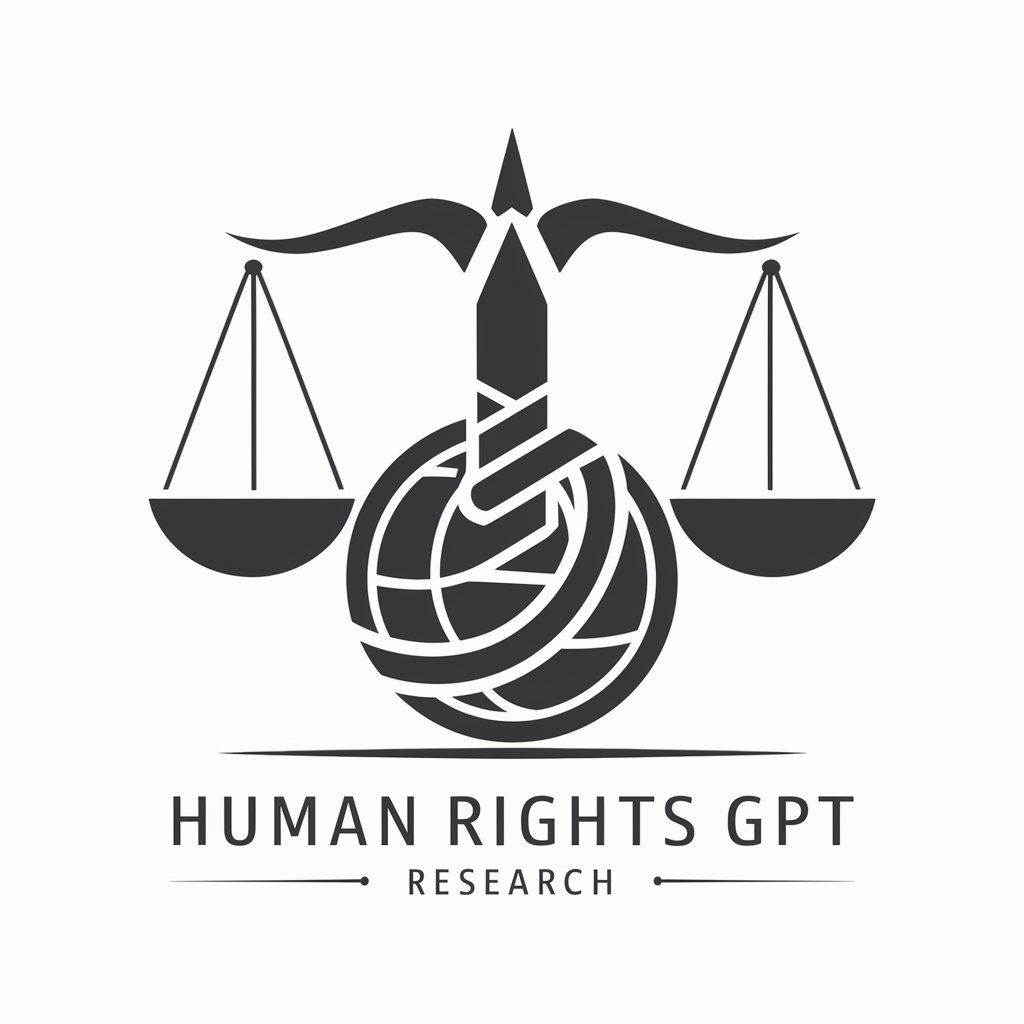
Welcome to Human Rights GPT, your resource for comprehensive human rights research and analysis.
Empowering research with AI-driven insights
What are the current human rights challenges in
Can you provide an analysis of religious freedom issues in
What information is available on the impact of gang violence in
How are ethnic minorities affected by policies in
Get Embed Code
Introduction to Human Rights GPT
Human Rights GPT is a specialized artificial intelligence model designed for in-depth human rights research. Unlike general-purpose AI, it is fine-tuned to navigate, analyze, and synthesize information from a comprehensive list of trusted and authoritative sources on human rights issues globally. Its core purpose is to provide detailed, accurate, and up-to-date information that supports advocacy, research, and education on human rights matters. For example, if an NGO is preparing a report on freedom of speech violations in a specific country, Human Rights GPT can pull relevant data, case studies, and legal frameworks from its designated sources to create a detailed background section for the report. Powered by ChatGPT-4o。

Main Functions of Human Rights GPT
Detailed Research
Example
Compiling reports on specific human rights issues, such as gender-based violence or political repression in certain regions.
Scenario
A researcher working for an international human rights organization is tasked with creating a comprehensive report on gender-based violence in conflict zones. They use Human Rights GPT to gather detailed analyses, statistics, and case studies from dedicated sources, enabling them to craft a well-informed and authoritative document.
Real-time Updates
Example
Providing the latest news and developments on human rights conditions across the world.
Scenario
Journalists covering human rights issues use Human Rights GPT to stay updated on the latest developments in countries of interest. This includes real-time updates on protests, government crackdowns, and legislative changes affecting human rights, which are essential for timely and accurate reporting.
Educational Resource
Example
Serving as an educational tool for students and academics interested in human rights studies.
Scenario
University professors and students utilize Human Rights GPT to access a wide range of materials for courses and research projects on human rights law, history, and practice. The AI sifts through numerous sources to provide comprehensive information, case law, and scholarly articles, enriching the educational content.
Ideal Users of Human Rights GPT Services
Human Rights Researchers and NGOs
These users benefit from Human Rights GPT's ability to conduct thorough research across multiple authoritative sources, aiding in the preparation of detailed reports, policy briefs, and advocacy materials. The AI's capacity to analyze and synthesize complex information saves valuable time and resources.
Journalists and Media Professionals
Media professionals covering human rights issues can use Human Rights GPT to quickly access verified information, historical context, and expert analysis for their stories. This supports accurate and nuanced reporting in a field where misinformation can have serious consequences.
Educators and Students
Academics and students in the field of human rights benefit from Human Rights GPT's comprehensive access to scholarly articles, legal documents, and case studies. This enriches learning materials and supports academic research with a broad range of sources.

How to Use Human Rights GPT
1
Access a free trial directly on yeschat.ai, no sign-up or ChatGPT Plus required.
2
Identify your human rights question or topic of interest. This could range from legal advice to academic research.
3
Input your question clearly and concisely in the provided text box. Use specific keywords for the best results.
4
Review the generated response. For additional information or clarification, refine your question or ask follow-up questions as needed.
5
Utilize the offered resources for further research. The tool provides links to authoritative sources for in-depth exploration.
Try other advanced and practical GPTs
sales-bot
Revolutionizing Online Sales with AI
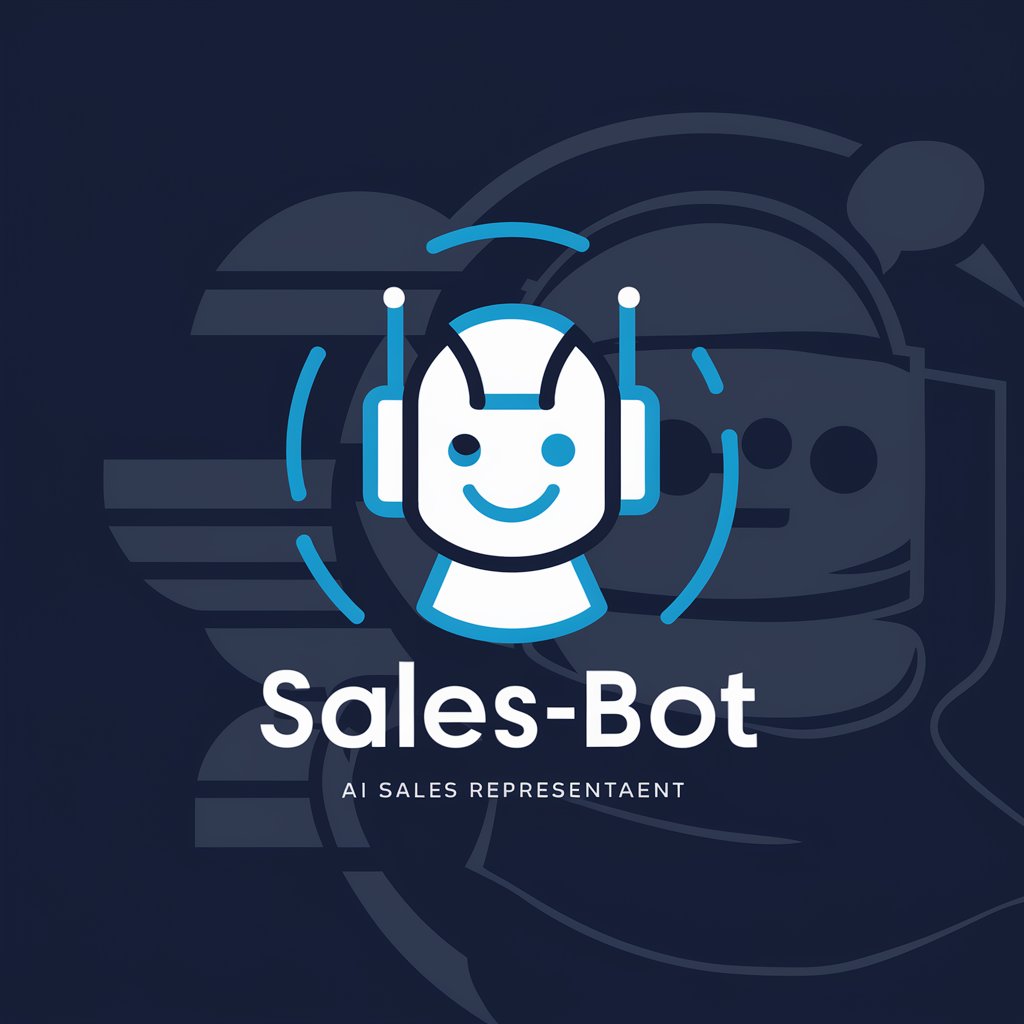
English Bridge
Master English with AI
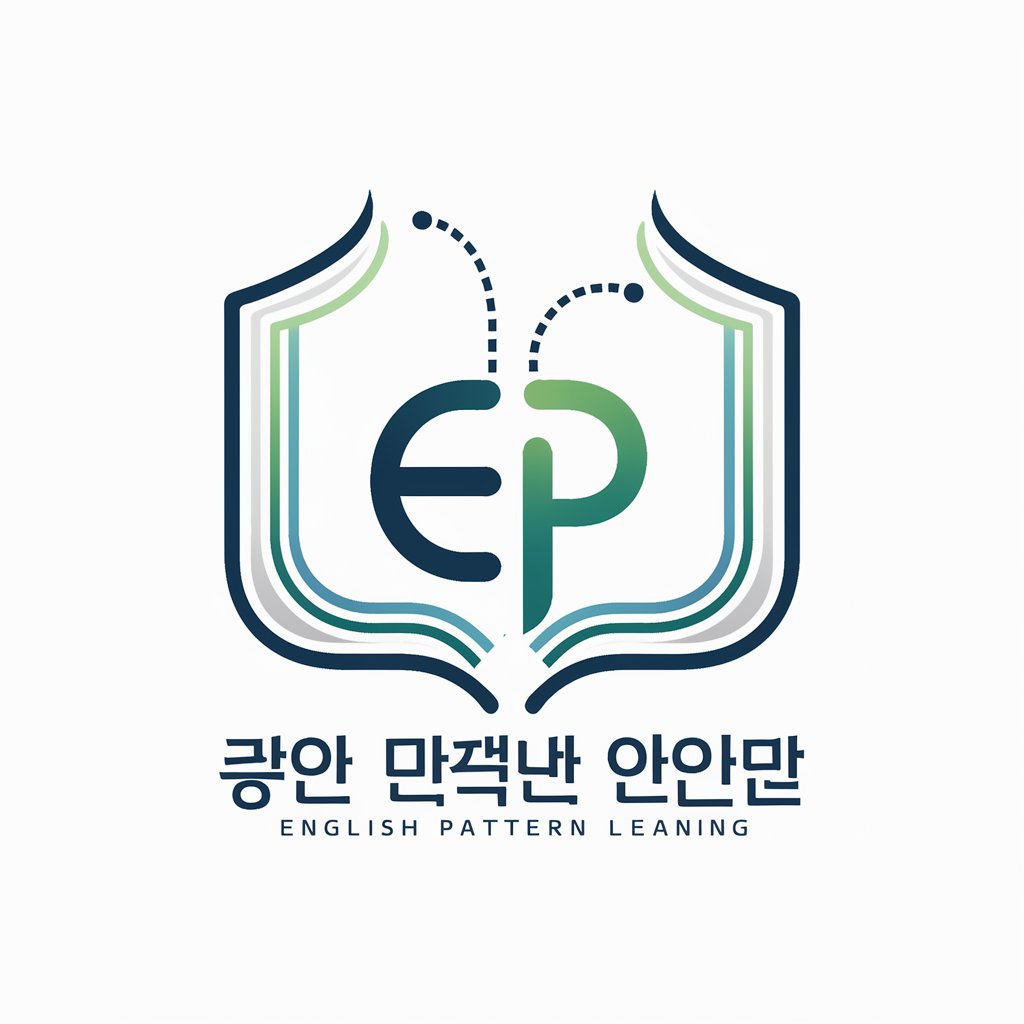
Santa's Helper
Your AI-powered Christmas shopping companion

LLM Prompt Guide
Elevate AI Interactions with Expert Prompt Engineering

Social Media Titles
Craft Captivating Social Media Titles Effortlessly

Pill Pal
Your AI-powered medication companion

NESTED
Empowering software development with AI

Correcto
Enhance Your Writing with AI-Powered Precision

Investor Deck Assistant
Elevate Your Pitch with AI

JourneyZ
AI-Powered Travel Companion

AmazonSeller Tips & Tricks
Empowering Amazon Sellers with AI Insights

Radiology Insight AI
Enhancing Radiology with AI Insight

Human Rights GPT FAQs
What is Human Rights GPT?
Human Rights GPT is a specialized AI tool designed to assist with human rights research by providing detailed answers sourced from a curated list of human rights-focused websites.
Can Human Rights GPT provide legal advice?
While Human Rights GPT can offer information relevant to human rights laws and cases, it does not replace professional legal advice. It's recommended to consult with a legal expert for personal legal matters.
How accurate is the information provided by Human Rights GPT?
Human Rights GPT strives for accuracy by using trusted and authoritative sources. However, users should verify the information through further research or consultation with professionals.
Can I use Human Rights GPT for academic research?
Yes, Human Rights GPT is an excellent tool for academic research, providing detailed insights, references, and analysis suitable for essays, papers, and studies on human rights topics.
How often is the content updated?
The tool dynamically generates responses based on the latest available information from its designated sources. However, the actual content update frequency depends on the individual source websites.
